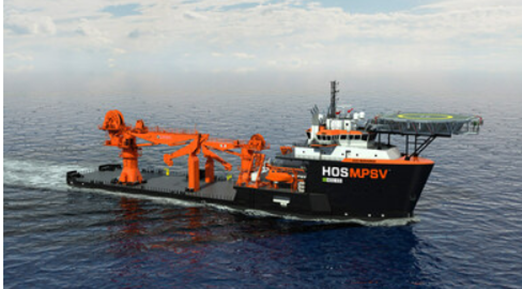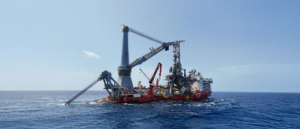
Louisiana-based Hornbeck Offshore Services has settled its litigation with Gulf Island and is back on track now to proceed with the final settlement agreement for two multi-purpose support vessels (MPSVs), that had been under construction at Gulf Island Shipyards.
Hornbeck said in a statement on Monday that Gulf Island was required to dismiss with prejudice all claims it had asserted against Hornbeck on account of Hornbeck’s termination of the “Vessel Construction Agreements” with Gulf Island.
Hornbeck also dismissed its claims against Gulf Island and the Surety under the construction agreements and the surety bonds.
Gulf Island Fabrication confirmed in a statement that its subsidiary, Gulf Island Shipyards has resolved its lawsuit with Hornbeck Offshore Services, relating to the construction of two multi-purpose supply vessels (MPSV).
According to Hornbeck, the Surety has agreed to take over and complete the construction of the two MPSVs at a completion shipyard to be mutually agreed to by the Surety and Hornbeck and possession of the vessels will be delivered by Gulf Island to the Surety for that purpose.
Hornbeck’s remaining contractual commitments under the construction agreements that have been taken over by the Surety are approximately $53 million in the aggregate for the two vessels. The Surety will be responsible for all cost of construction in excess of that amount. It is expected that the vessels will be completed in 2025.
Todd Hornbeck, the company’s president and chief executive commented, “We are very pleased to be able to complete the construction of these two ultra high-spec, Jones Act-qualified MPSVs. When delivered, these vessels will be the two largest and, we believe, the most capable MPSVs in the U.S.-flagged Jones Act registry and will enhance our ability to support our oilfield, offshore wind and military customers across a broad spectrum of services.”
Hornbeck Offshore Services is a provider of technologically advanced, high specification offshore service vessels to the energy industry primarily in the Gulf of Mexico and Latin America, as well as to the U.S. government, offshore wind and other non-oilfield customers.


